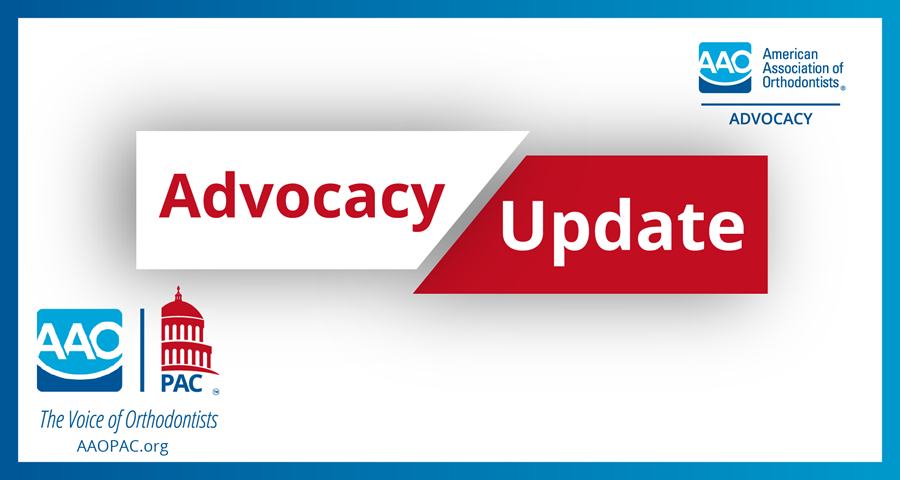by Dr. Tamara Jones
“I think I found a job!” I excitedly called my husband to announce the news. After 23 years of school and with graduation from residency around the corner, I was ecstatic about any job possibility. Thanks to amazing faculty, I graduated with the skills to provide my future patients excellent care – but with the inability to evaluate any employment opportunity.
I personally understand the challenges of finding employment opportunities in today’s tough dental economy. Over the last few years, I have developed a list of questions to ask/things to consider prior to working for a DSO, as an associate or as an independent contractor.
Things to Ask about Contracts
- Did you review the contract?
- Did you have a lawyer with knowledge of orthodontic practice read your contract?
- Employee vs. independent contractor: Does your position actually qualify for 1099 independent contractor status (very few do)?
- Term of contract: Does it auto-renew? How much notice is required to terminate the contract?
- Is a non-compete part of your contract?
- Is it realistic? (Length of time and location boundaries depends on the area.)
- Non-solicitation: How is a referring dentist defined?
- Does it apply only to offices where you work or to all offices of the DSO/practice?
- Exclusivity: Can you work at another practice?
- If there is no contract, is there excellent communication and mutual trust/respect between the two parties? (There should be.)
Important note: Remember that contracts are negotiable.
Questions to Ask about Compensation
- Is pay based on adjusted production or collections?
- How is it calculated?
- Can you audit it?
- Is there a daily guarantee?
- Are there a minimum number of days?
- What financing charge (as a percentage) is taken out of production?
- Who is paid: the doctor (personally) or the doctor’s corporation?
- When/how is payment made?
- Do you get any input on marketing discounts?
- What is the practice’s collection rate (if dependent on collections)?
- Are there expected quotas?
- What benefits are offered?
- Who pays AAO dues?
- Who pays for malpractice insurance?
- Will tail coverage be needed?
- Will your malpractice carrier cover you at the job?
- Does the DSO/owner have settlement rights for a case?
- Did you verify the contract does not include an indemnification, or “hold harmless”, clause?
- Are uniforms or uniform allowances provided?
- Are license fees reimbursed?
- Is CE (continuing education) offered?
- Review of practice statistics: Does the practice have enough starts to support your expected salary?
Questions to Ask about the Job
- What are the hours?
- What is the policy for handling weekend/holiday emergencies?
- What holidays are offered?
- Expected work days/hours: Who can change them?
- Can you take a leave of absence (maternity leave) if necessary?
- Is your job held for you?
- Are you paid during your leave?
- What if there are complications?
- How is staff managed?
- Do you get any input on who is hired/fired as staff?
- How much training does the staff have?
- What duties are delegated to staff while you are working? Do you have a say?
- What is the employee turnover rate?
- What is the treatment philosophy?
- What technology is available in the practice?
- Does equipment function properly?
- Are treatment philosophies similar (if more than one doctor)?
- Do you have independent treatment plans/choice on treatment plan/authority on everything clinical?
- What technology is available in the practice?
- How are patient complaints handled?
- Are supplies provided?
- Do you have any choice on supplies?
- What is the availability of supplies?
- How are terminations handled?
- Does the employer pay unpaid collections after termination?
- Is any payment due for unfinished patients?
- Who can terminate and how much notice is required?
- After you give notice, can the employer clear your schedule (so that you work for nothing)?
- What are the practice’s insurance-related policies?
- What insurances are contracted with and what are the fee schedules if pay is production-based?
- Does the practice accept HMOs?
- Do you have the ability to audit insurance filings under your name?
- Do you need to complete a credentialing process with the insurance companies prior to seeing patients/starting a job?
- Other questions to consider:
- Do you have right-of-first-refusal to purchase the practice?
- What is the buy-in provision?
- How is the transition between doctors handled?
- Who owns the records?
- Who is responsible for storage?
- Are you able to lock your records (ensure someone does not change them afterwards)?
- Who pays Invisalign/lab fees? Who gets credit for the case/rebates?
- What happens when a patient stops paying?
- What is the payment status of current patients?
- How many patients are past due?
- What is the compensation policy for patients who are paid in full but still in treatment?
- Do you have right-of-first-refusal to purchase the practice?
This list is not exhaustive and is not a replacement for professional legal or consultant expertise, but I hope it can be a valuable resource for any new orthodontist. As a final thought, I highly recommend getting the opinion of orthodontists you trust to help you evaluate any employment possibility. Every option has positives and negatives, but overall working as an orthodontist is a wonderful career! Good luck!
Dr. Tamara Jones, owner of Willow Bend Orthodontics in Plano, TX, is a Southwest Society of Orthodontists (SWSO) representative to the AAO’s Council on New and Younger Members (CONYM). She can be reached at [email protected].



